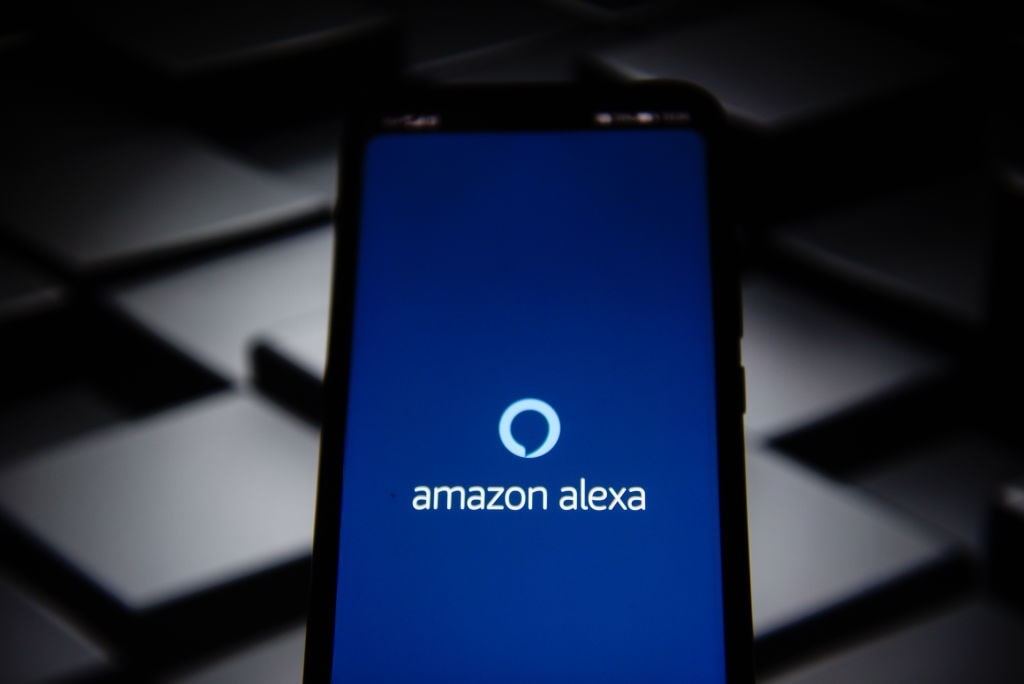Surprising dangers may be hidden in that talking bear or colorful smartwatch.
Black Friday is traditionally the best day of the year for deals on toys, TVs, and other desired gifts for the holidays. Before you brave the crowds and chaos or even shop online, however, be sure to check your list twice for artificial intelligence playthings. According to a recent US PIRG Education Fund report, AI toys can be dangerous for children.
AI Toys Spy on Children
Sure, a lot of fun AI gadgets out there can make life easier and keep us entertained for hours. It’s adorable when that snuggly teddy bear talks to your kids or grandchildren, right? But what happens when those items become spies, especially when they collect data on children? Consider Fisher Price’s Smart Toy Bear from a few years ago. It was an interactive learning “friend” that “talks, listens, and remembers what your child says and even responds when spoken to,” according to WeLiveSecurity, but a built-in flaw allowed hackers to get information about the children. That item has been discontinued, but others like it on the market should raise red flags.
Whether we like it or not, artificial intelligence is invading every part of our lives – from news reports to homework assignments to playthings – as people depend more on technology than ever before. For children’s entertainment, we have robots, toy animals, games, and a host of other fun stuff aimed at kids as young as three years old. As the PIRG Education Fund explained:
“AI-enabled toys with a camera or microphone may be able to, for example, assess a child’s reactions using facial reactions, using facial expressions or voice inflection. This may allow the toy to try and form a relationship with the child and gather and share information with others that could risk the child’s safety or privacy.”
How does that work, you may wonder? PIRG described some examples:
“Connected smart toys are also considered a part of the Internet of Toys (IoToys), featuring a range of Wi-Fi or Bluetooth connections, including remote-controlled drones, smartwatches and app-connected action figures. Some can collect data on your child and transmit it off of the toy to a company’s external servers. For example, some interactive dolls with conversation capabilities use microphones and Wi-Fi to transmit a child’s words to speech recognition software maintained by the company. The software then compares the child’s words to a database of possible responses, which the company then transmits to the doll’s microphone over Wi-Fi.”

(Photo Illustration by Omar Marques/SOPA Images/LightRocket via Getty Images)
Still not convinced? Here are a few instances where owing AI toys has come with serious repercussions:
In May, the Federal Trade Commission (FTC) and Department of Justice (DOJ) charged Amazon with violating the Children’s Online Privacy Protection Act Rule (COPPA Rule) by keeping youngsters’ Alexa voice recordings – forever! – despite parents’ requests to have them deleted. In a complaint filed by the DOJ, Amazon was accused of keeping such sensitive data, including geolocation information, for its own purposes. “Amazon’s history of misleading parents, keeping children’s recordings indefinitely, and flouting parents’ deletion requests violated COPPA and sacrificed privacy for profits,” Samuel Levine, director of the FTC’s Bureau of Consumer Protection, said. “COPPA does not allow companies to keep children’s data forever for any reason, and certainly not to train their algorithms.”
Also in May, a mother discovered her son’s baby monitor had been hacked and strangers were talking to her child at night. Kurin Adele said her boy started unplugging the camera, and when they tried to plug it back in, he started crying. “He’s like, ‘I don’t want my camera plugged in, I don’t want my camera plugged in. Someone talks to me at night and it scares me. Someone wakes me up and talks to me and I’m scared – I don’t want my camera plugged in.’”
The Owlet camera uses a Wi-Fi connection, and Adele said when they tried to change their password online, they were notified their credentials had appeared in a data leak. “Who the heck knows how long someone has had our password and has been messing with my son? Owlet never notified us,” the New York Post reported.
Despite the potential for spying and hackers getting access to these AI-generated toys, the global market went from $14.1 billion in 2022 to $16.7 billion this year, according to a large research firm. By 2027, the sales are expected to more than double.
“It’s chilling to learn what some of these toys can do,” said Teresa Murray, consumer watchdog at PIRG and co-author of the report. “Smart toys can be useful, fun or educational, but interacting with some of them can create frightening situations for too many families.”

